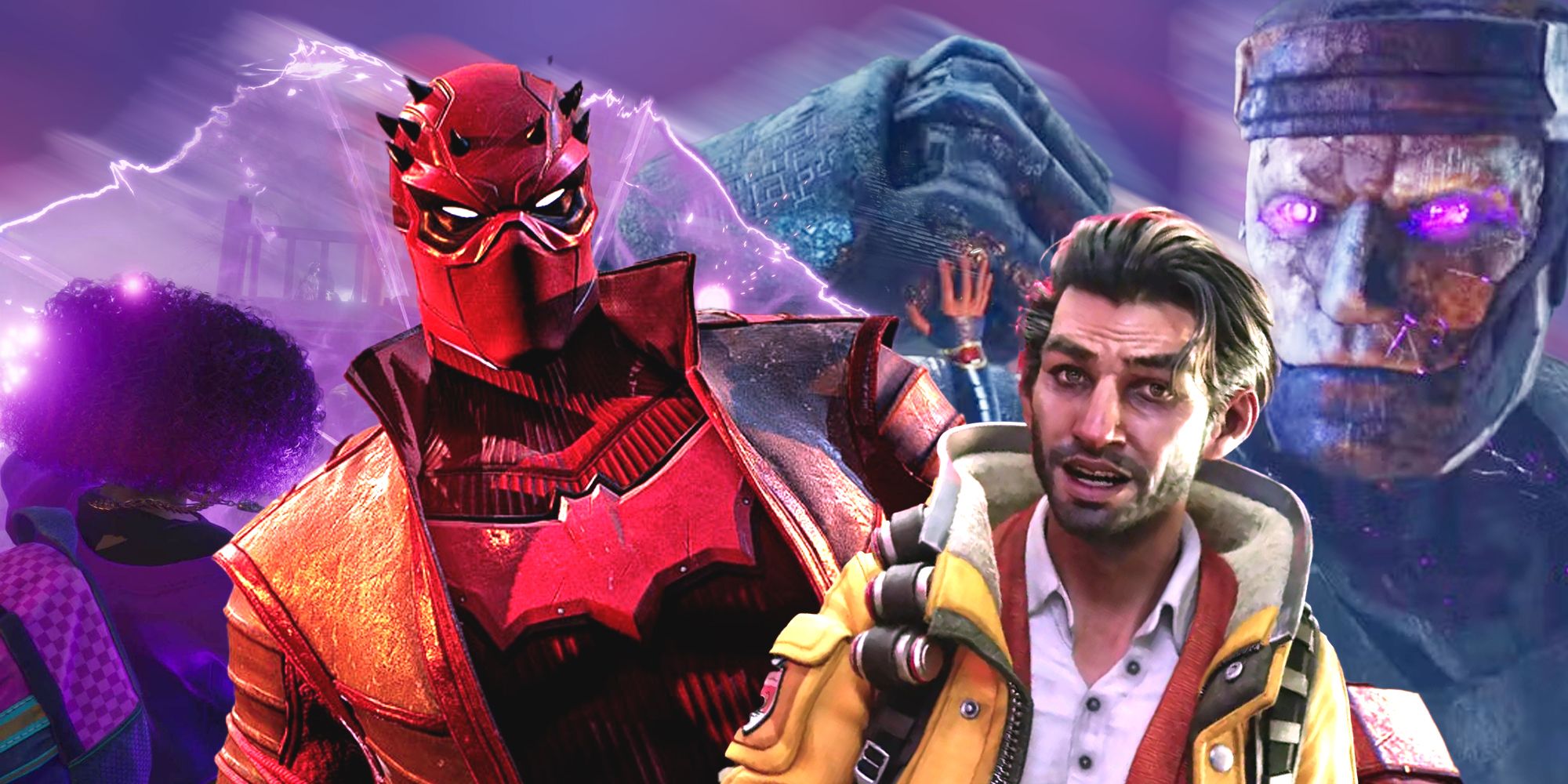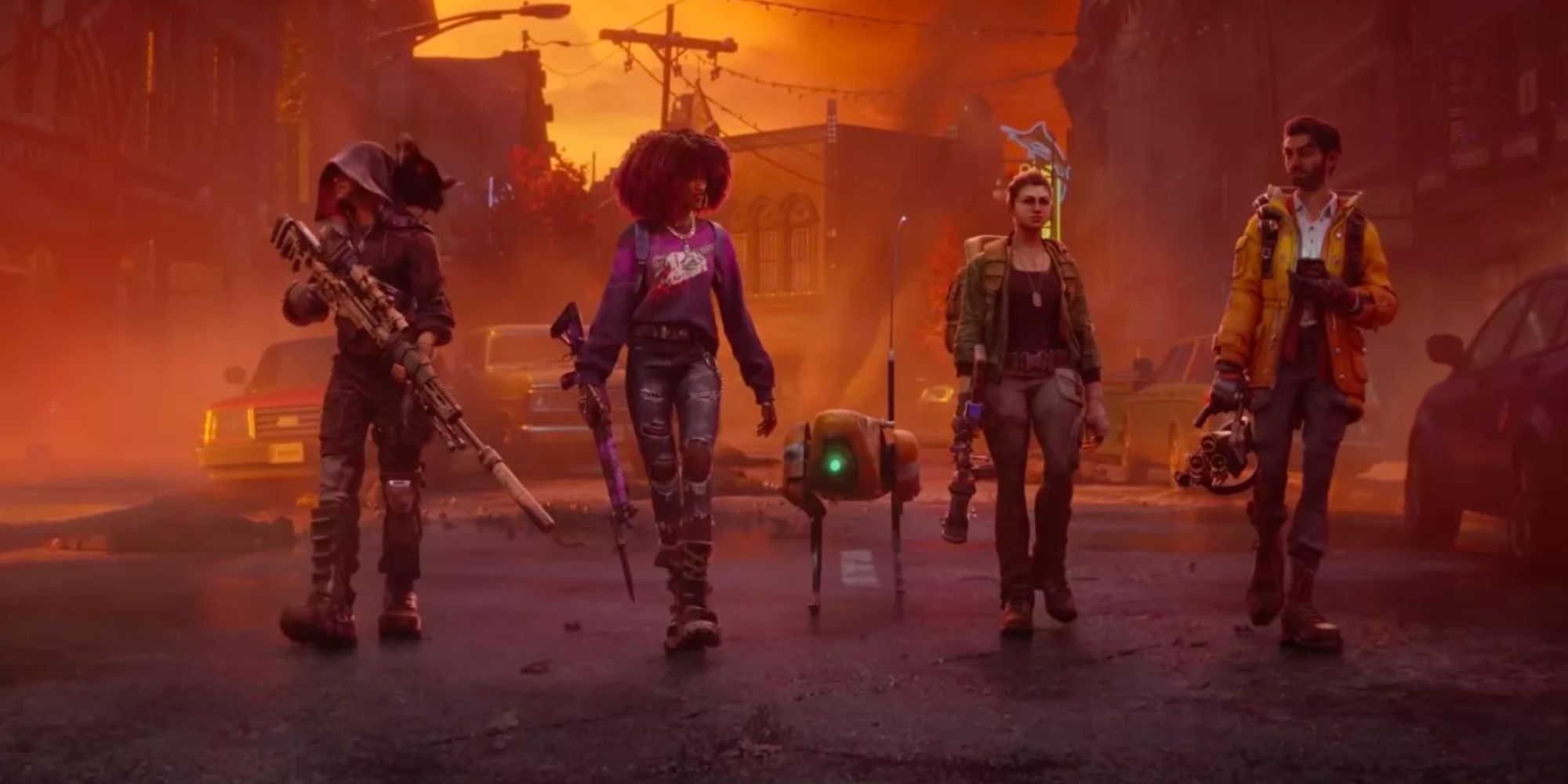Everything moves in trends. Things are in, then things are out. We see it in fashion, movies, television, animation, sport, and video games. A few years ago, every cartoon had eyes like that (you know what I mean), and then we all hated them, so new ones don’t. High waisted is in, then low wasted is in. We want sequels, then cinematic universes, then standalone adventures. Teams play four at the back, then three at the back, then four with one inverted full back. Things change. But in video games, it’s not that easy.
Of all the forms of popular media, games take the longest to go from an idea in someone’s head to the final product existing in the world. It’s gotten so bad that if you started making a triple-A game from around summer last year, you were probably designing it for the hypothetical PS6, because you wouldn’t be done by the time the PS5’s life cycle is up. When things take that long, and go through that many people, it’s impossible to respond to trends and to audiences in the way that you should.
I wrote recently that gaming’s current position is extremely unsustainable. Games now have budgets that can exceed $1 billion, which means they must be sold at unaffordable price points. It’s easy to see how we got into this mess - increased fetishisation of technological prowess, a space race of new features that achieve very little in a medium that has already reached near photorealism, bloated runtimes working off the false idea that more empty content makes for a better game. It’s also easy to see how we get out of it - stop.
Unfortunately, despite the huge costs involved these days, I’m not sure games will be allowed to stop so easily. When this huge investment leads to a game like GTA 5 or The Last of Us Part 2, it brings the studio huge prestige and profit. The problem is pretenders are spending an equal amount of money and can’t even lay a glove on them.
A far bigger problem though is gaming’s inability to act. Just like shoulder pads, cowboy movies, those cartoon eyes, and 4-4-2, gamers used to be all about live-service mechanics. If your game was always online, let friends drop in for a mission, and let you unlock guns that did an extra 17 percent damage to acid attack enemies, it was a gamer’s paradise. Then a few games did it pretty poorly, we got sick of it, and our tastes moved on. It should have been a turning point, but games have a very slow turning circle. We’re still in the skid.
This whole deal should have ended with Anthem. Sure, it works in games that are designed from the start to be played eternally, like Destiny, but in most games they drag the momentum down. Anthem should have been a lesson learned, and so the car began to turn. But while it drifted through the dirt, the exhaust spluttered out Marvel’s Avengers, the engine backfired and blasted out Gotham Knights. Suicide Squad: Kill the Justice League is leaking from the chassis and looks set for trouble ahead, and the door, otherwise known as Redfall, just fell off due to the strain.
The fundamental idea behind these games, that it’s a kinda online solo game where guns get better by imperceptible percentages, is a trend that is over. We don’t want them anymore. I know games are art and shouldn’t be made solely because various focus groups dictate them, but these games were all made for wide audience appeal, and were made because we wanted them. They just arrived too late.
It’s foolish to chase trends when they’ll be dead before you release, and while gaming’s turning circle away from live-shooters must be almost complete, right now there are dozens of other games being made chasing the ideas behind Fall Guys and Among Us. The glider from Zelda, the open world from Elden Ring, the [insert cool thing] from [insert popular game] are all on white boards in studios for games in active development. Those are things we love right now. But we won’t get to play these games for almost a decade, on a console that hasn’t even been invented yet. Who knows what we’ll actually want by then?
Games taking so long isn’t just an issue with the pressure it puts on budgets, the increased price it causes, or the drought of releases it creates for fans. It also means they’re constantly behind the curve. Even when we get out of this skid, another one is just around the corner. The era of live-shooters is over, but still their ghost lingers. Gaming had better get used to being haunted.



.jpg)
